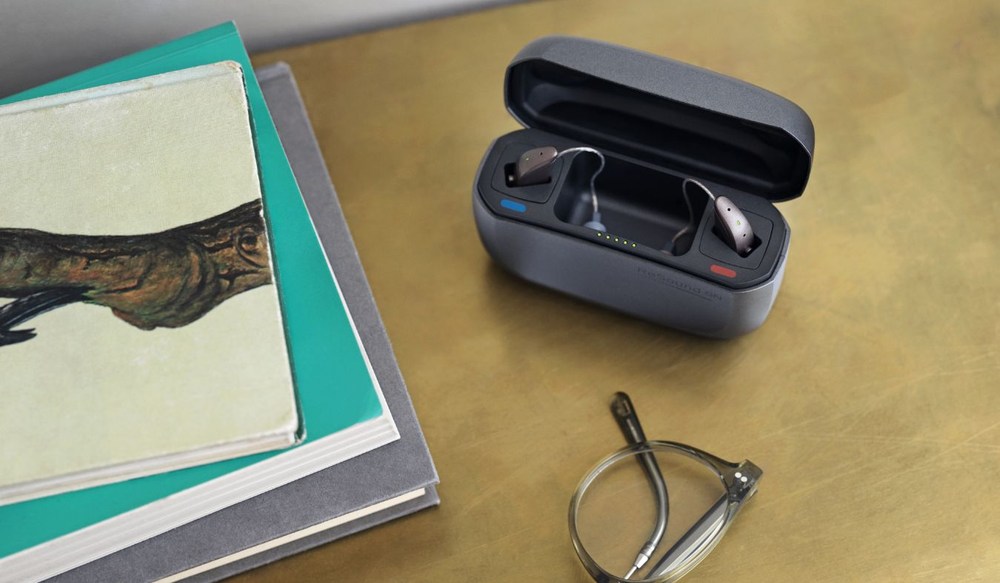Understanding Sudden Hearing Loss
Sudden changes in hearing can be surprising and may affect how you go


Sudden changes in hearing can be surprising and may affect how you go

Over-the-counter hearing aids have made it easier for more people to

Have you ever been deeply engrossed in your favorite TV show, only to have